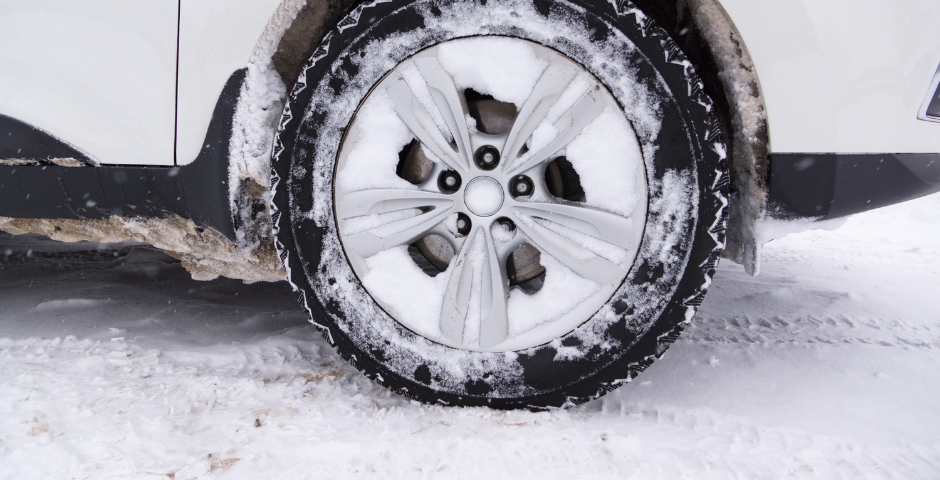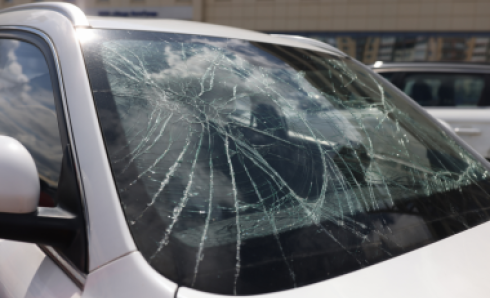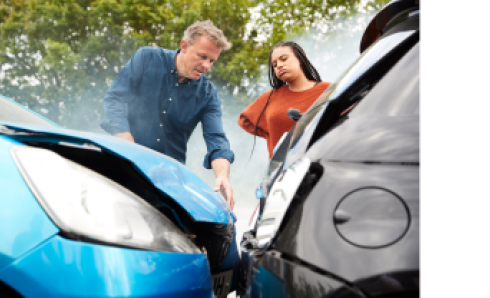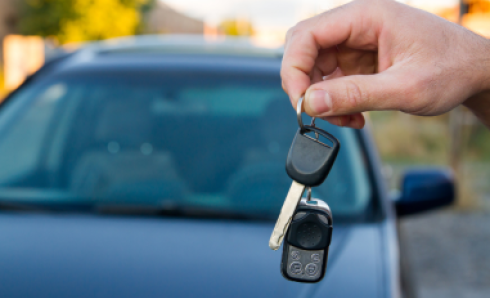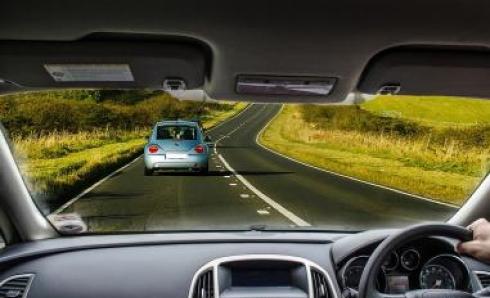The key to avoiding car troubles during the winter months is to prepare early. And this year, more than ever, it’s vital to assess and treat any issue you may have with your car, especially as it’s likely that it’s not going to be moving very much with current Government restrictions. We’ve put together a checklist to make sure you get through winter 2020 as smoothly as possible!
Tyres:
Colder weather can wreak havoc on your tyres at the best of times. Add to that the fact that they’re likely not seeing as much action, and they could develop flat spots. To avoid this, you should regularly rotate your tyres to keep the pressure even. If you’re in doubt about your tyre pressure, you can check at your local petrol station. Your ideal tyre pressure can be found in the owner manual.
Battery:
If your car is only used for short journeys, your battery doesn’t get the chance to fully charge. You can use a battery conditioner to prevent certain functions from draining your battery in its entirety. Cold temperatures can also prove problematic for your battery so it’s advisable to monitor your battery health during the winter months. And always keep the jump leads nearby!
Fluids:
In particularly damp weather, moisture can build up in your fuel tank and cause rust or condensation to form. This is easily avoided by keeping your fuel topped up, however you could also use fuel stabilizer to keep your car fluids in check.
Whilst these usually busy months will likely be a bit quieter, it’s a good time to take the time to ensure your car is well stocked in engine oil, windscreen wash and coolant so you’re prepared for hitting the road again when the restrictions relax. If you plan to take your car off the road for an extended period of time, you should change the engine oil beforehand as used oil contains substances that can damage the mechanical components over time.
To ensure your car will run smoothly when you do take it out, you should run it in a well ventilated area regularly to let the oil circulate around the engine.
Bulbs:
One of the most important parts of a car when driving in the winter is your bulbs. You should always check your bulbs are functioning well and that they’re clean and clear for other drivers.
Brakes:
When not in use, brake discs can wear quickly and gather dust. Ensure you test your brakes before going on a drive if the car hasn’t been used recently! As always, if you have any doubts about your car’s functions, it’s always best to bring it to a qualified mechanic for maintenance and repairs.
